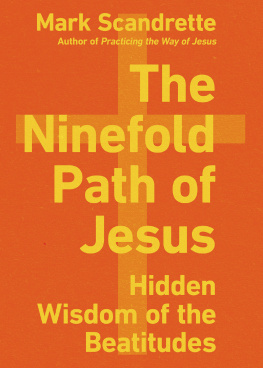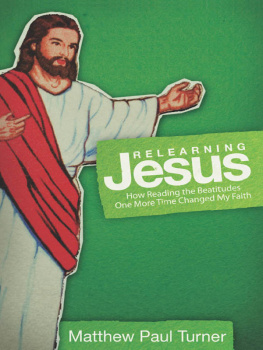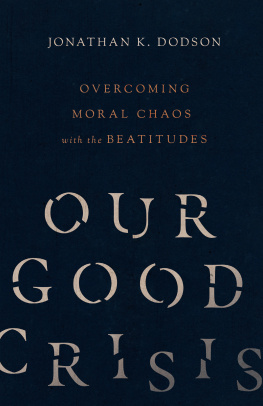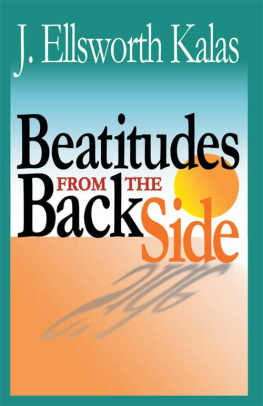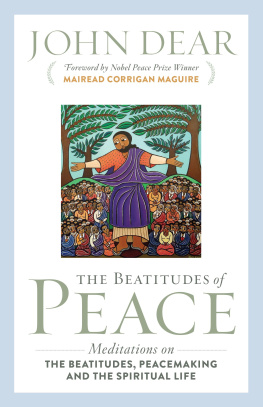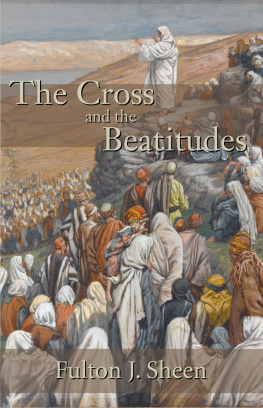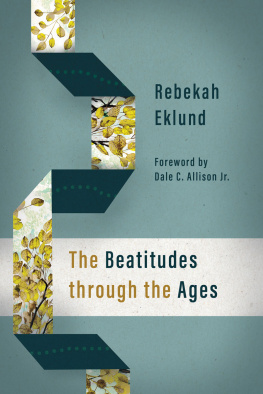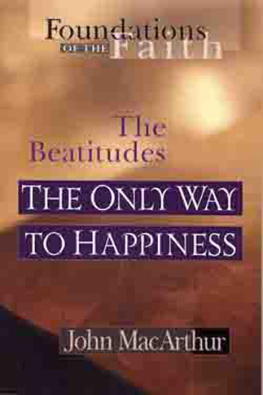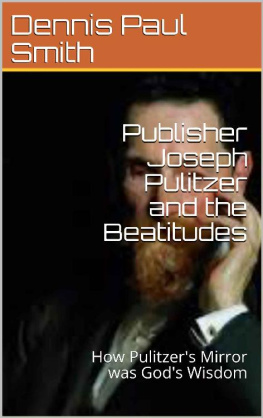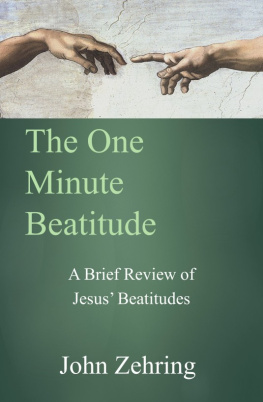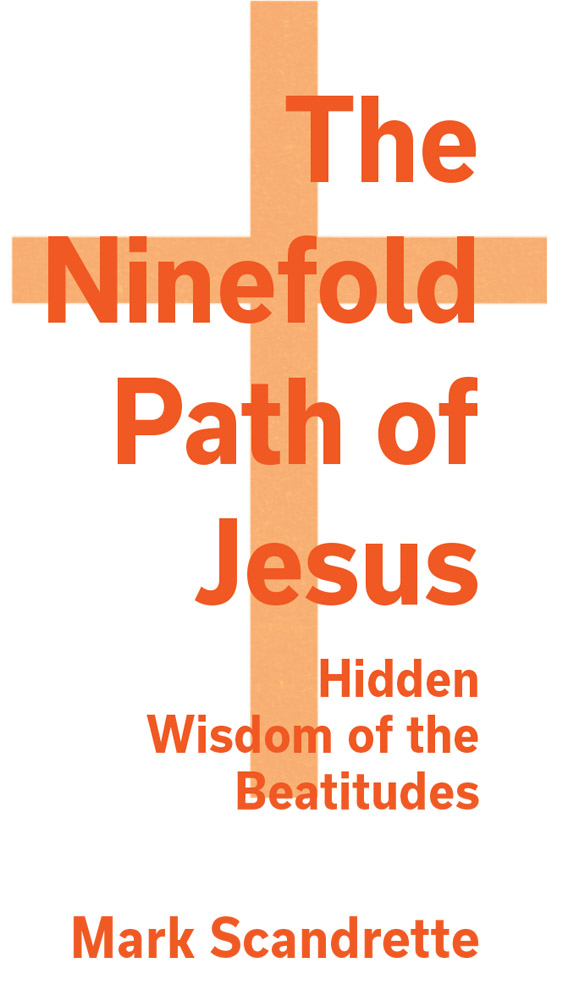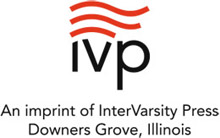All rights reserved. No part of this book may be reproduced in any form without written permission from InterVarsity Press.
InterVarsity Press is the book-publishing division of InterVarsity Christian Fellowship/USA, a movement of students and faculty active on campus at hundreds of universities, colleges, and schools of nursing in the United States of America, and a member movement of the International Fellowship of Evangelical Students. For information about local and regional activities, visit intervarsity.org.
All Scripture quotations, unless otherwise indicated, are taken from The Holy Bible, New International Version, NIV. Copyright 1973, 1978, 1984, 2011 by Biblica, Inc. Used by permission of Zondervan. All rights reserved worldwide. www.zondervan.com. The NIV and New International Version are trademarks registered in the United States Patent and Trademark Office by Biblica, Inc.
While any stories in this book are true, some names and identifying information may have been changed to protect the privacy of individuals.
The publisher cannot verify the accuracy or functionality of website URLs used in this book beyond the date of publication.
Introduction
Nine Postures for Life
S hortly after my first book was published, a Zen priest contacted me. He wrote, My name is Shinko. I believe you are the kind of Christian I could talk to about what is happening in my life.
Over dinner a few weeks later, he explained,
I came to Jesus during the seventies Jesus movement. The church I joined taught me that only groups like ours had the right beliefs and that everyone else is going to hell. That didnt sit well with me, and I became disaffected with the church as I knew it then. I began exploring Judaism and Eastern philosophy. Eventually, I became a dedicated student of Zen Buddhism. I have lived and worked at Green Gulch monastery for the past fifteen years.
What Im trying to make sense of is... when I practice sitting meditation (zazen), I hear Jesus calling to meand I dont know what to do with that.
I asked Shinko what he believed about Jesus. He paused thoughtfully and replied, I adore Jesus. Tears began streaming down his cheeks. I dont know if Id be considered orthodox by many Christians. But in my heart I know that I adore Jesus.
Shinko and I became fast friends. We were an odd pair walking the streets of my neighborhood, a young pastor and a cheerful shorn-headed priest wearing a rakusu, robe, and sandals. In restaurants and cafs people would stop and smile at Shinko and bow respectfully.
At the time I wasnt particularly conversant with faith traditions outside my own. So one day I asked Shinko, What is the way of Zen Buddhism? When you wake up each day, what do you seek to do and be?
In about four minutes Shinko succinctly answered my question. First, he named the Four Noble Truths. Then he explained the Eightfold Path: right understanding, right thought, right speech, right action, right livelihood, right effort, right mindfulness, and right concentration. Each day I seek to deepen my experience of this path.
I was struck by how clear and concrete his answer was.
Then Shinko turned and asked me, Mark, you identify as a follower of Jesus. When you wake up each day, what do you seek to do and be?
I hesitated. My first impulse was to explain how Id become a Christian. But that wasnt the question. I quickly recovered and said, Each day I try to love God with my whole being and love my neighbor as myself.
I congratulated myself for giving an adequate answer. But I was haunted by how vague my response was compared to Shinkos. What, exactly, do I do each day to love God and people? I didnt have a clear answer.
How This Book Came to Be
On a summer evening in 2015 I was having drinks in a London pub with my friends Danielle and Steve. I asked Danielle about the most recent bombing in the city. She told me that ten young people a month are reportedly recruited and radicalized into terrorist organizations. Meanwhile, she exclaimed, church participation in the UK continues to plummet. We simply arent giving young people a compelling vision for life!
I mentioned what was happening back home in the United States. A series of highly publicized police shootings had galvanized the newly minted Black Lives Matter movement. In San Francisco, where I live, Id recently been to the funeral of my twenty-year-old neighbor who had been shot six times in the back by two undercover officers.
Steve said, Its clear that our systems are broken.
And we are that system, I added. What we need is a whole new way of being.
Steve and Danielle worked for a historic British Bible agency. With the prevalence of smartphones and Scripture apps, fewer people need printed Bibles anymore. What does seems scarce, Steve said, is a meaningful connection between Scripture and everyday life. Young people today have little interest in church, but that doesnt mean they arent spiritually curious. Many would resonate with themes found in the Beatitudesjustice, peacemaking, nonviolence, etc.
Has there ever been a moment when weve needed the message of the Beatitudes more? Danielle exclaimed.
That night, Danielle and Steve invited me to join a project based on the Beatitudes called NINE BEATS Collective. My life passion is helping people apply the teachings of Christ to everyday life. So immediately I said yes.
I told Danielle and Steve that the project made me think of the haunting conversation Id had with Shinko years before.
Danielle could see where the story was going. So are you suggesting that the Beatitudes might be like the ninefold path of Jesus? She asked.
Exactly, I said. Dallas Willard used to say that the Sermon on the Mount is the best example we have of a curriculum for Christlikeness. The problem is that there are one hundred ten verses in those three chapters. If most of us find it hard to remember a ten-digit phone number, no wonder we struggle to keep the teachings of Christ at the forefront of our minds. Maybe the Beatitudes can function as a thematic guide to the teachings of Christ.
I grabbed a napkin and Danielle handed me a pen, and we began to brainstorm. Blessed are the poor. That seems like an invitation to the way of trust. Blessed are those who mourn. That sounds like an invitation to lament whats broken in our world and inside of us. Blessed are the meek

